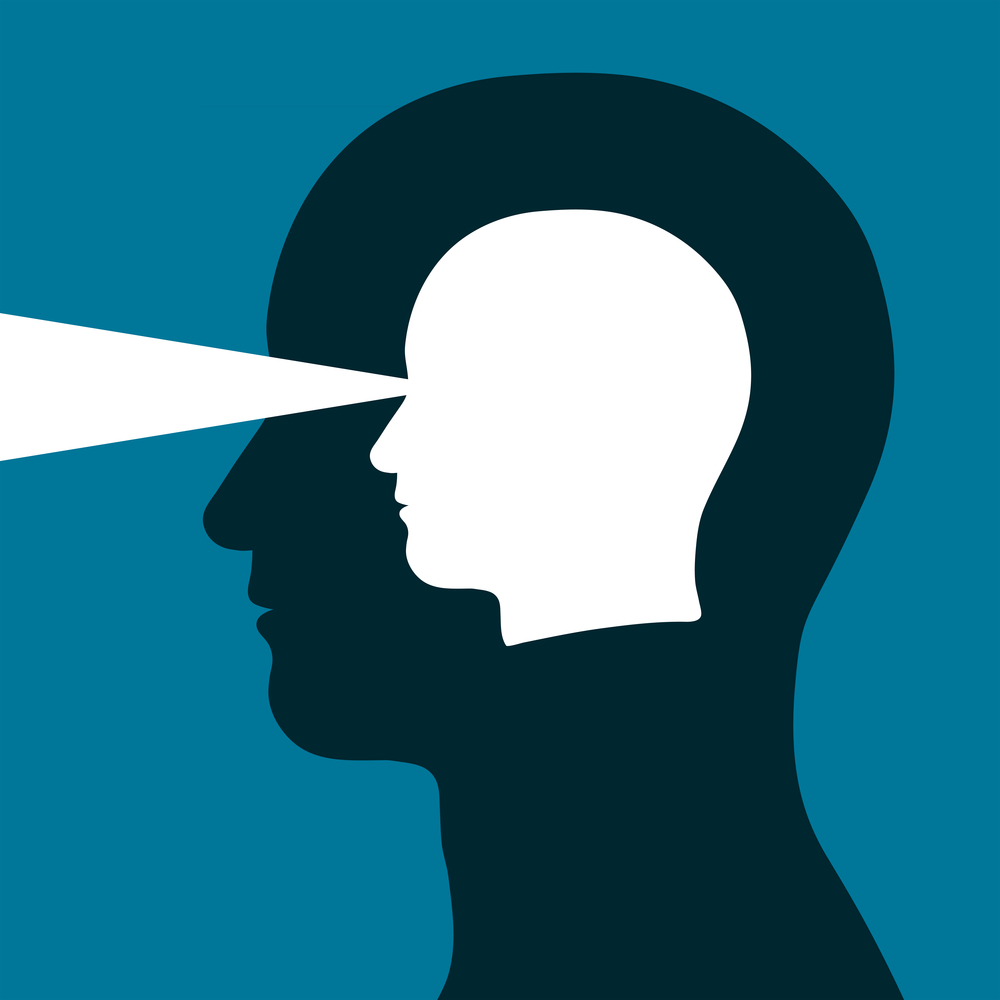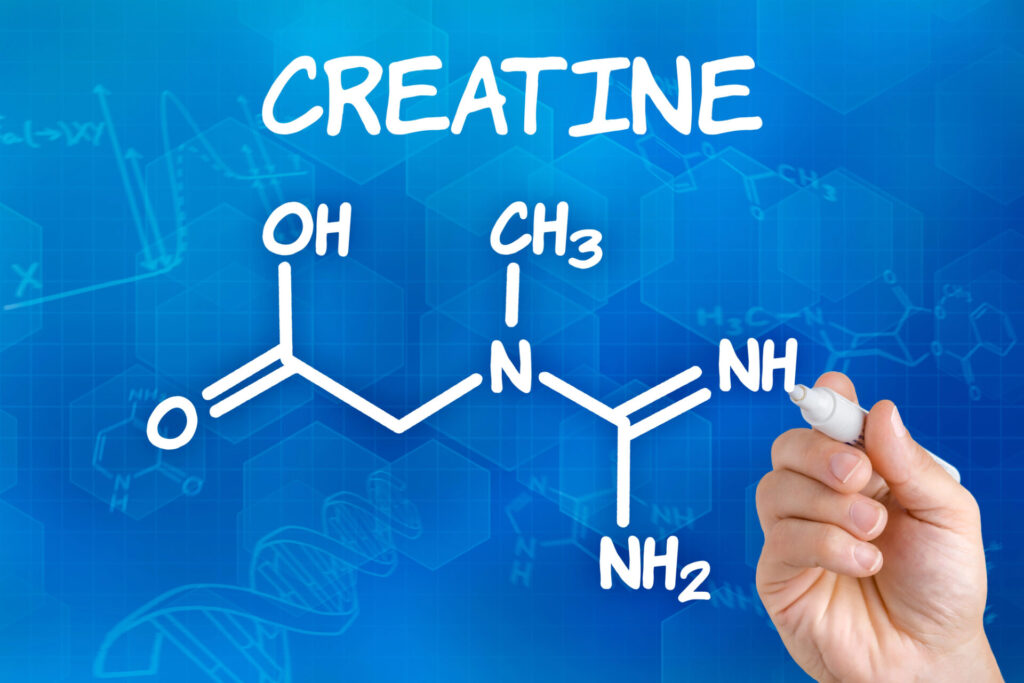Why would healthcare providers want to use medical intuition? I spoke with Lloyd Costello, MD, a board-certified family medicine physician with a private practice in San Bernardino, California, to learn how out how he sees medical intuition integrating with conventional healthcare.
Dr. Costello has extensive experience in conventional medicine, as well as a Master’s Degree in Spiritual Psychology (see Author Bio below). He has worked with traditional, non-traditional, and indigenous healers and is currently pursuing a certification in medical intuition. Dr. Costello also serves on the board of the National Organization for Medical Intuition (NOMI).
Medical intuition is defined as a skill of intuitive observation and assessment using a system of expanded perception gained through the development of the human sense of intuition. Medical intuition focuses on in-depth intuitive scanning designed to obtain information from both the physical and the biofield (energy) systems of the body.
Wendie Colter: What are the primary advantages of integrating medical intuition into healthcare?
Dr. Lloyd Costello: Healthcare providers often refer to our particular diagnostic and therapeutic skill set as the ‘tools in our toolbox.’ Currently, we use a ‘best guess’ scenario and hope that our patient will benefit from our decision and not have an adverse outcome. Imagine if we had a tool in our toolbox that would tell us in advance whether or not a particular medication or therapy would be beneficial for a patient.
Medical intuition brings a unique set of skills to a physician’s armamentarium and can strengthen areas of weakness in managing disease and treating patients. Medical intuition can provide a methodology to more quickly and efficiently diagnose and treat illness, improve patient outcomes, reduce adverse effects, and promote healthy lifestyle choices. It also provides significant cost savings by avoiding needless tests and prescriptions, as well as the costs incurred for managing adverse events that could have been prevented.”
WC: How can medical intuition be used in clinical practice?
LC: Medical intuition can be applied to which test or imaging study to order for a patient. What if we could avoid unnecessary tests and potentially harmful exposure to radiation or chemicals by using medical intuition to determine which test will provide the most useful and pertinent information?
The skill of medical intuition can also help us to intuitively test different treatment modalities or medications in advance, before we actually prescribe or order them for our patients. Imagine the potential benefits to patients for a physician to be able to identify and prescribe the best therapy or medication at the outset, and to help avoid any untoward side effects or complications. This is consistent with our primary directive to ‘first do no harm.’
Additionally, it can be used to help identify illness in a pre-clinical state. That is to say, that medical intuition has the potential to identify a disease process before it becomes symptomatic, and gives us the opportunity to treat an illness even before a patient experiences symptoms.
WC: What other benefits can medical intuition offer to patients?
LC: The cost savings can be significant for patients, as well as avoidance of the potentially harmful effects of unnecessary tests. Medical intuition can also help to narrow our differential diagnoses. We could then focus on the area of the body that requires attention and initiate treatment quickly and efficiently to halt the progression of disease and mitigate complications.
Author Bios:
Dr. Lloyd Costello is a Board Certified Family Practitioner in private practice in San Bernardino, California. He received his medical degree at the University of California Davis and completed a residency program in Family and Community Medicine at the University of California San Francisco and San Francisco General Hospital. He also served as Director of Ambulatory Care at the White Memorial Family Practice Residency program in East Los Angeles. In addition, he earned a Master’s Degree in Spiritual Psychology at the University of Santa Monica. He has worked with traditional, non-traditional, and indigenous healers, and is in the process of becoming a Certified Medical Intuitive Practitioner. Dr. Costello is on the Board of Directors of the National Organization for Medical Intuition (NOMI). He foresees the use of medical intuitives as an integral part of the health care team.
Wendie Colter, MCWC, CMIP, is a Certified Medical Intuitive, Master Certified Wellness Coach, and founder/CEO of The Practical Path®, Inc. Her accredited certification program, Medical Intuitive Training™, has been pivotal in helping wellness professionals develop and optimize their inherent intuition. She is an invited speaker and educational presenter at prominent integrative health and education organizations, and serves on the Bioenergy & Health Committee of the Integrative Health Policy Consortium (IHPC), Washington, DC, and as President/Chair of the National Organization for Medical Intuition (NOMI). Wendie’s trailblazing research on medical intuition is published in the peer-reviewed Journal of Alternative and Complementary Medicine. She is the author of the groundbreaking book, Essentials of Medical Intuition: A Visionary Path to Wellness (Watkins Publishing/Penguin-Random House). For more information, visit www.thepracticalpath.com
- National Organization for Medical Intuition. (2022). https://www.nomimedicalintuition.org/
- Colter W, Mills PJ. Assessing the Accuracy of Medical Intuition: A Subjective and Exploratory Study. J Altern Complement Med. 2020 Oct 27. doi: 10.1089/acm.2020.0244. Epub ahead of print. PMID: 33107744





